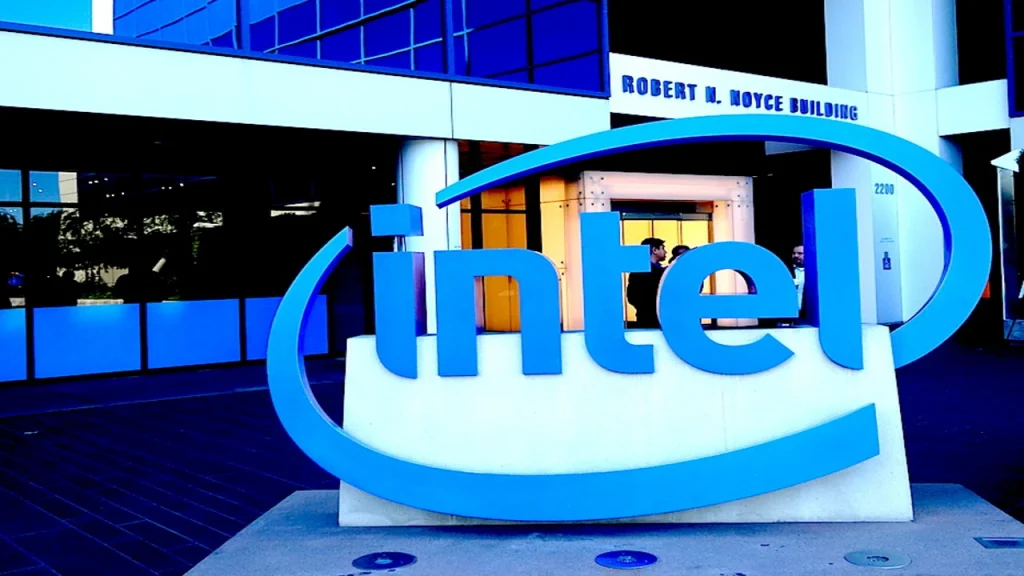- Intel’s NEX division posts $2.9 billion operating loss in 2023, prompting spin-off and investor search
- The new entity will continue to focus on AI-powered edge infrastructure under internal leadership
What happened: Intel spins off Network and Edge Group
Intel has separated its Network and Edge Group (NEX) into a standalone business unit after the division posted a $2.9 billion operating loss in 2023. The move is part of a broader restructuring strategy under CEO Pat Gelsinger aimed at streamlining operations and restoring profitability across Intel’s core business lines. The new business will remain within Intel’s organisational framework during the transition period and be led by Safroadu Yeboah-Amankwah, Intel’s chief strategy officer. NEX provides network infrastructure and edge computing solutions, supporting telecom operators, enterprises, and cloud service providers with AI-based edge products.
The company confirmed that the decision is intended to give NEX greater operational autonomy and to allow Intel to seek outside investors to share costs and risk. The restructuring follows Intel’s 2023 earnings report, which revealed ongoing losses in the NEX unit, despite prior efforts to scale edge computing and networking products. Tom’s Hardware first reported the development.
Also read: Intel’s foundry business faces uncertainty amid profitability struggle
Also read: Intel Xeon 6 secures spot in Nvidia’s DGX B300 AI system
Why it’s important
Intel’s decision to spin off NEX reflects a larger trend in the semiconductor industry, where firms increasingly isolate underperforming segments in a bid to attract funding and avoid further drag on financial performance. The $2.9 billion loss indicates that Intel’s push into AI-powered edge infrastructure has not yet yielded expected returns. By granting NEX operational independence, Intel may position the unit for strategic partnerships or partial divestment, much like what it previously attempted with Mobileye.
CEO Gelsinger is pursuing a strategy of financial discipline across Intel’s business. In 2023, Intel sold off portions of its drone and server businesses and restructured its foundry operations. Analysts note that this latest move signals a deeper realignment of Intel’s product focus, pushing away from broad diversification toward areas with proven margins, such as PC and data centre chips. The Intel NEX official page outlines the group’s goals to provide programmable, AI-driven edge infrastructure, but investor confidence remains cautious due to ongoing losses.In contrast, competitors like NVIDIA have outperformed in AI and edge markets, making Intel’s restructuring a defensive measure rather than a growth initiative.

